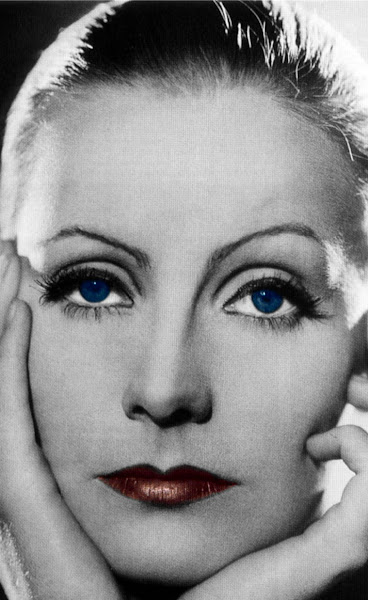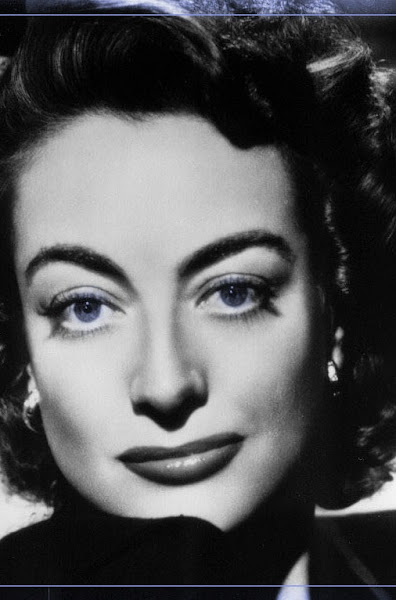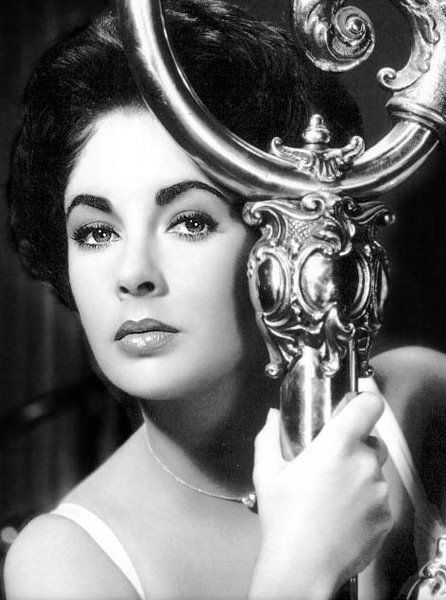 **** out of ****
**** out of ****
"You are cordially invited to George and Martha's for an evening of fun and games," says the film's title poster, but George and Martha are likely the worst hosts in the world. Not only do they invite guests over in the middle of the night, they ridicule each other with no restraint, scream and curse at one another, go for wild car rides, berate their guests, and attempt to lure their guests into bed. These factors result in one really bad night but make for one really great film.
In the film, Richard Burton and Elizabeth Taylor (also married in real life at the time) are George and Martha, a dueling pair who return from a party one night at the home of her father, the president of a university. As they bicker, Martha informs George that she has invited a new professor and his "mousy, slim-hipped" wife over for drinks. When they (George Segal and Sandy Dennis) arrive, George and Martha initiate a bitter battle of games, ultimately revealing the skeletons in everyone's closet and exposing the guests to an all-night treat to their way of life.
Performance in "Who's Afraid of Virginia Woolf?" is one of its highlights, and the acting is first-rate. Elizabeth Taylor, who earned her second Oscar for this unexpectedly unglamourous role, stuns as Martha, the catty wife of George, an associate professor in the local college's history department, whose own games are enacted exquisitely by real life hubby Richard Burton. George Segal and Sandy Dennis, as Nick and Honey, are no shrinking violets, though, and they hold their own against the two titanic lead performances (quirky Dennis nabbed the film's other acting Oscar). The film's character development is incredible, and, for example, while viewers think George seems downtrodden at the beginning of the film, he turns out to be perhaps the most powerful and vicious by the end, and Martha, who "wears the pants" through most of the film and has most of the bite, ends up whimpering in his arms. In the meantime, drinks bring out the character in Honey, and Nick reveals himself as he bites back against George and Martha. All in all, these four characters drive the film, and they enthrallingly entertain.
Ernest Lehman's screenplay is well-done, basically a faithful copy of the original Edward Albee play with the inclusion of a new scene or two (and the deletion of a word or two for Hollywood). "Virginia Woolf" is clearly all dialogue and little action, and I am still stunned at the amount of verbal vomit launched by all parties in the film. If I could go back and count the lines, the number would be exorbitant. While the bitter bantering never tires in the first half of the film, the pace begins to drag by the second half, starting around the car ride once they left the house. This roadhouse scene, new to the film, was included to keep viewers' attention, but the house is at the heart of the film and the source from which George and Martha draw their power.
The film's innate theatricality, at least, remembers the stage play from which it is derived. In fact, the art/set direction's faithfulness is apparent, and through Haskell Wexler's beautiful cinematography, many shots maintain this loyalty. One of the best shots comes near the end of the film, where, from a high angle, the four main characters are shown standing at different points in the room, and this particular shot adeptly returns the film to the stage. In addition, the cinematography also matches the mood quite well - much of the talking in the living room is met with comfortable, lengthy shots, while a scene such as the violent one in the roadhouse uses close-ups and is handheld.
In addition, Mike Nichols does well for his first directorial effort, and his work proves he was on the forefront of modern Hollywood. While much of "Virginia Woolf" maintains the cinematic quality of classic Hollywood, its dark tone and ugly realism place it in a new category, undefined at the time.
Meanwhile, the theme of the film itself is interesting and cutting-edge for classic Hollywood. George points out the "truth and illusion" in life, and this contrast between the two structures the film. George and Martha spew venom back and forth at each other and play endless games to belittle the other... or so viewers think. In fact, they are, but they also stride the boundary between reality and illusion, attacking each other in those respects as well. Consider: George is constantly castigated for the truths of his life, and he reciprocates at the end of the film by going for the throat (figuratively, this time), torturing Martha with the truth about their son. Nonetheless, all of their games are laced with truth and illusion, and who knows which is which. This, therefore, becomes the meaning of the film. In addition, the game-like song "Who's Afraid of Virginia Woolf," sung several times in the film and its title, brings laughter at the beginning of the film and tears at the end, thus recounting the transformation from illusion to truth in the film.
December 28, 2008
Who's Afraid of Virginia Woolf?
Subscribe to:
Post Comments (Atom)

.jpg)

.jpg)
.jpg)

1 comment:
bonjure ben its dekota from chapel hill i like you blog so comment back ok peace
Post a Comment